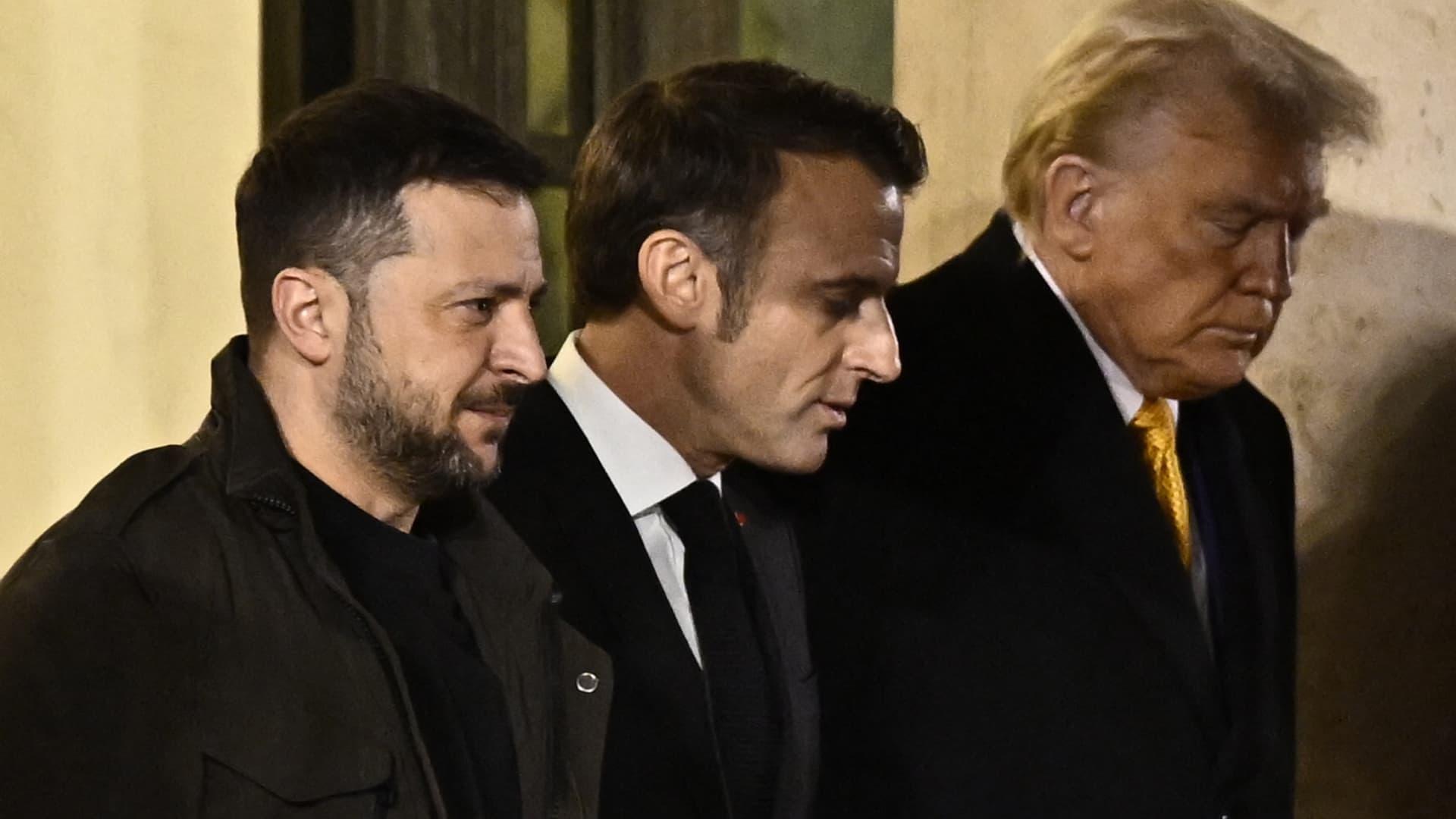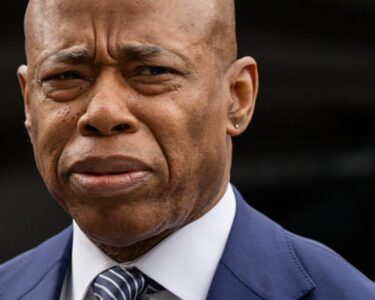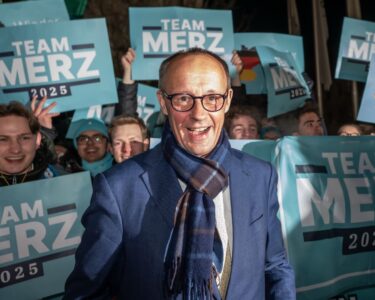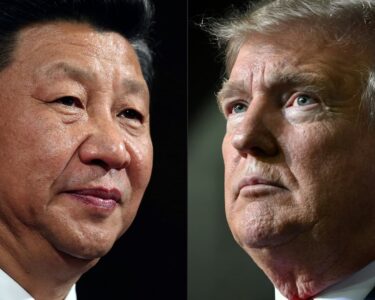France’s President Emmanuel Macron (C) walks with U.S. President-elect Donald Trump (R) and Ukraine’s President Volodymyr Zelenskyy (L) after a meeting at the Elysee Presidential Palace in Paris on Dec. 7, 2024.
Julien De Rosa | Afp | Getty Images
Europe is vying for a say in fast-advancing Russia-Ukraine peace talks after the U.S. over the weekend exacerbated fears that Brussels would be absent from the highest level negotiations.
European leaders are gathered in Paris on Monday for an emergency summit, hastily assembled by French President Emmanuel Macron after hopes of Europe’s involvement turned sour at the Munich Security Conference.
Washington and Moscow are set to kick-start discussions to bring about an end to the near three-year Russia-Ukraine war this week in Saudi Arabia, when U.S. President Donald Trump’s top diplomat Marco Rubio sits down Tuesday with Russia’s Sergei Lavrov.
Ukrainian President Volodymyr Zelenskyy confirmed Monday that he will travel to Riyadh on Wednesday, according to Reuters, while noting that Ukraine would not be participating in initial talks between the U.S. and Russia. He added that a further direct meeting with Trump was likely to follow.
“Ukraine will not take part. Ukraine did not know anything about it,” he told reporters during a video briefing from the United Arab Emirates, where he was on a state visit. “Ukraine regards any negotiations on Ukraine without Ukraine as ones that have no result.”
It comes after Trump said Sunday that Zelenskyy would be involved in peace talks with Russia, dispelling conflicting remarks over recent days from U.S. officials.
The EU and the U.K., however, are unlikely to have a physical seat at the negotiating table — either initially or as talks advance, U.S. Special Presidential Envoy for Ukraine and Russia Keith Kellogg said Saturday.
“What we don’t want to do is get into a large group discussion,” he told a fringe event in Munich, noting that allied interests would instead be “taken into account.”
Russia’s Lavrov, meanwhile, weighed in on the confusion Monday, saying, “I don’t know what countries are supposed to do at talks on Ukraine.”
The U.S. has instead asked European allies to complete a questionnaire outlining how many troops and capabilities they could deploy in Ukraine as security guarantees, according to Reuters. Other questions include what security guarantees Europe would view as a “sufficient deterrent to Russia while also ensuring this conflict ends with an enduring peace settlement.”
The European Union’s foreign policy chief Kaja Kallas said Saturday that a lasting peace agreement would not be possible without Europe’s involvement.
“For anything to work it has to have Ukrainians and Europeans as a part of it, because Ukrainians and Europeans are the ones who need to also implement the deal here in Europe, so without us any deal wouldn’t just work,” she told CNBC’s Silvia Amaro on the sidelines of the MSC.
European Commission President Ursula von der Leyen, meanwhile, warned Friday that failure to secure a “just and lasting peace” for Ukraine would not only “weaken Europe but it would also weaken the United States.”






